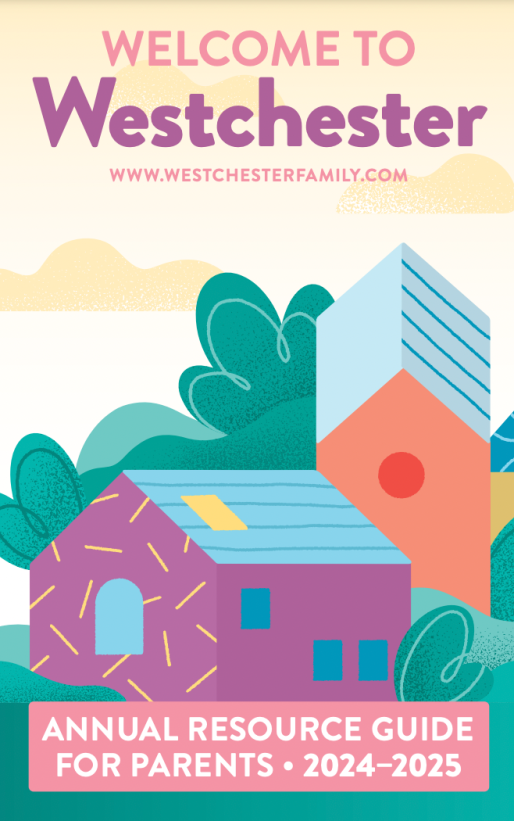How to Educate, Understand and Support Black Mothers in Maternal Birth
The recent death of 26-year-old Sha-Asia Washington at Woodhull Medical Center in New York City is beyond heartbreaking. In what was to be a routine stress test for Sha-Asia turned into a nightmare. According to our sister publication, Brooklyn Paper on July 2, Washington and her boyfriend visited Woodhull Medical Center, a city-run hospital on Flushing Avenue. Washington went into labor the following day, and shortly before midnight on July 3, doctors escorted Washington’s boyfriend out of the room and gave Washington an epidural despite her protests, her boyfriend’s family said.
Unfortunately, Sha-Asia went into cardiac arrest and died while her baby was being delivered.
The Doula and Maternal Health Advocate Latham Thomas of Mama Glow shared with us in her December cover feature that “in the US, Black women are 4-5 times more likely than white women to die during childbirth or due to childbirth-related causes. That number jumps to 12 times in places like NYC. The health disparity is greater here, and black women are at tremendous risk. This number is similar for Native People who make up 2% of the population and are often misclassified racially. Their stats are under-reported, and there is significantly less research on this population and the factors that contribute to maternal mortality and morbidity.”
The question we have to ask ourselves is what we can do as fellow parents to change this inequality for Black women in birth. First, we can educate ourselves on the disparity of a Black women’s experience in giving birth in America, which goes back hundreds of years and is rooted in racism. There is so much that needs to be done when it comes to Black Maternal Health; here are a few ways to start your journey.
Educate by Listening to Black Parents Stories: NATAL
This podcast is a laser, focused on Black women’s message by sharing podcasts in docuseries stories about being Black and birthing in the US. By sharing stories on postpartum, birthing, and pregnancy from parents’ real accounts, the listener is educated through the parents’ journey as well as hearing about the heroes who advocate for better maternal birth for the Black community.
Support and Learn More About Fighting Black Maternal Mortality via National Black Doulas Association
The National Black Doulas Associations’ mission is to fight the Black Maternal Mortality rate in the United States and beyond this country. The NBDA provides training, coaching, and workshops to build a reliable resource and infrastructure of Doula support to combat Black maternal mortality.
Share This Amazing App on Social Media and With Your Friends: Irth App
This App is like Yelp and Facebook community pages in one that was founded by Kimberly Seal Allers, a mother, author, and journalist. Determined to change motherhood for all — Irth’s app objective is to dispel the belief that all labor experiences are the same or even fair. For Black and Brown women, Irth helps mothers read ratings and reviews on the hospital experiences of women who share similar backgrounds. A white woman’s experience will differ from a low-income Black woman or same-sex couple. This helps the mother to choose a hospital that will be safe and support her in birthing.
Learn About Advocating for Health Equality and More Through National Birth Equity Collaborative (NBEC)
Founded by Joia Adele Crear-Perry, MD, FACOG fights for justice and shares how racism is the root cause of health inequities. NBEC works on creating solutions to advance Black maternal and infant health through community-centered collaboration and training, research, and policy advocacy. NBEC recently tweeted, “Providers must collaborate with minority women in their treatment. Instead of providers dominating the conversation and women feeling silenced about their personal health and autonomy. Community and working together must be a priority in order to build trust.”




